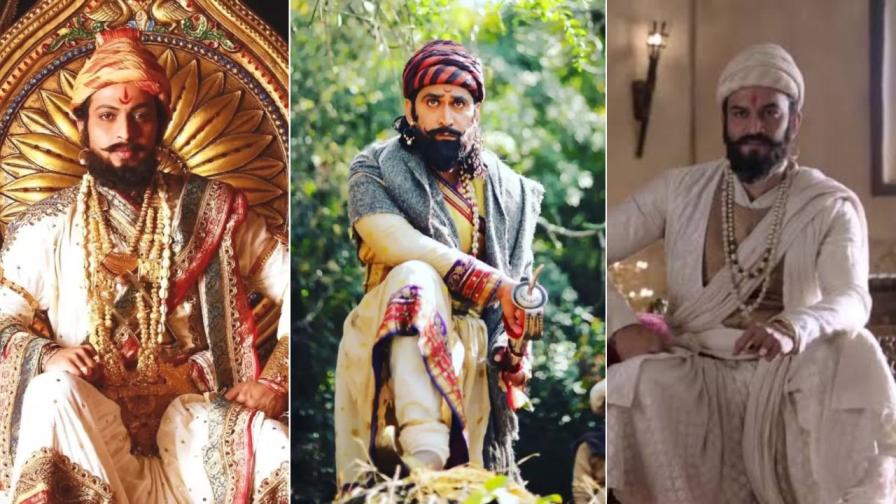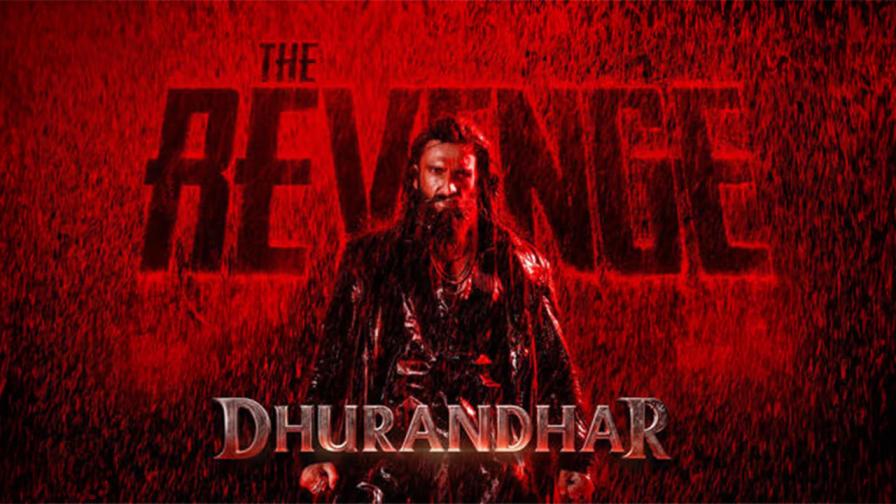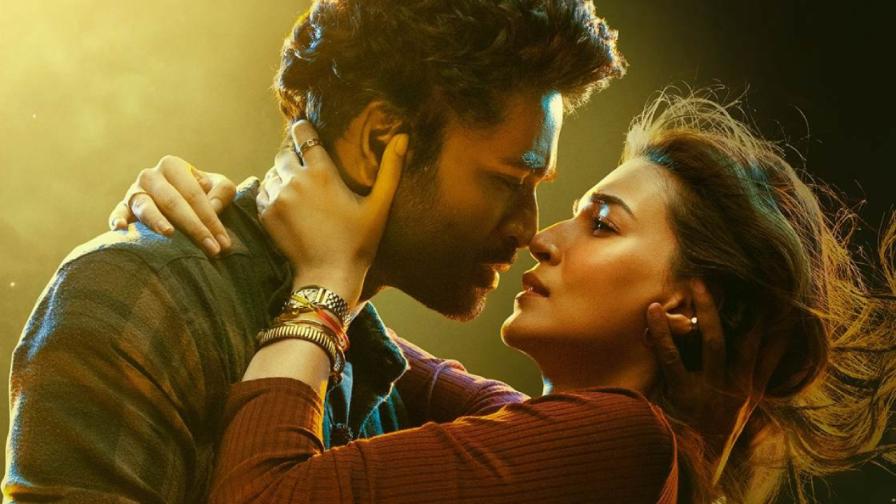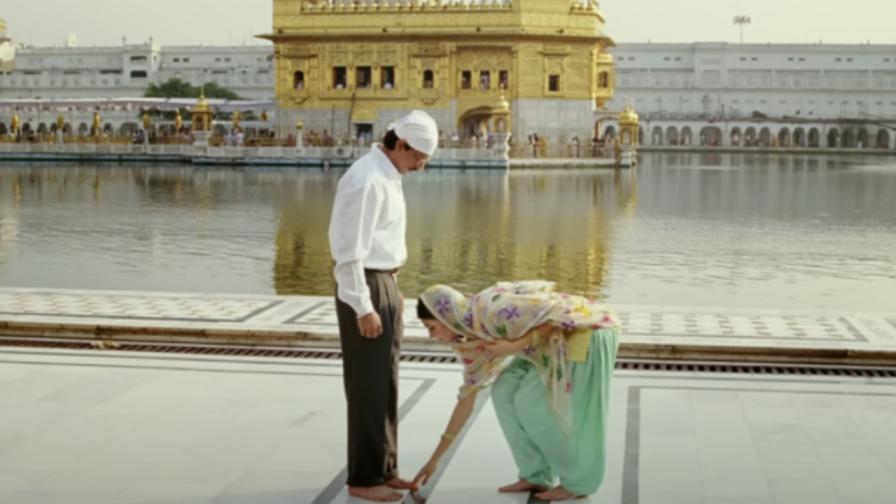Updated on: 26 November, 2024 05:02 PM IST |Amruta Karulkar
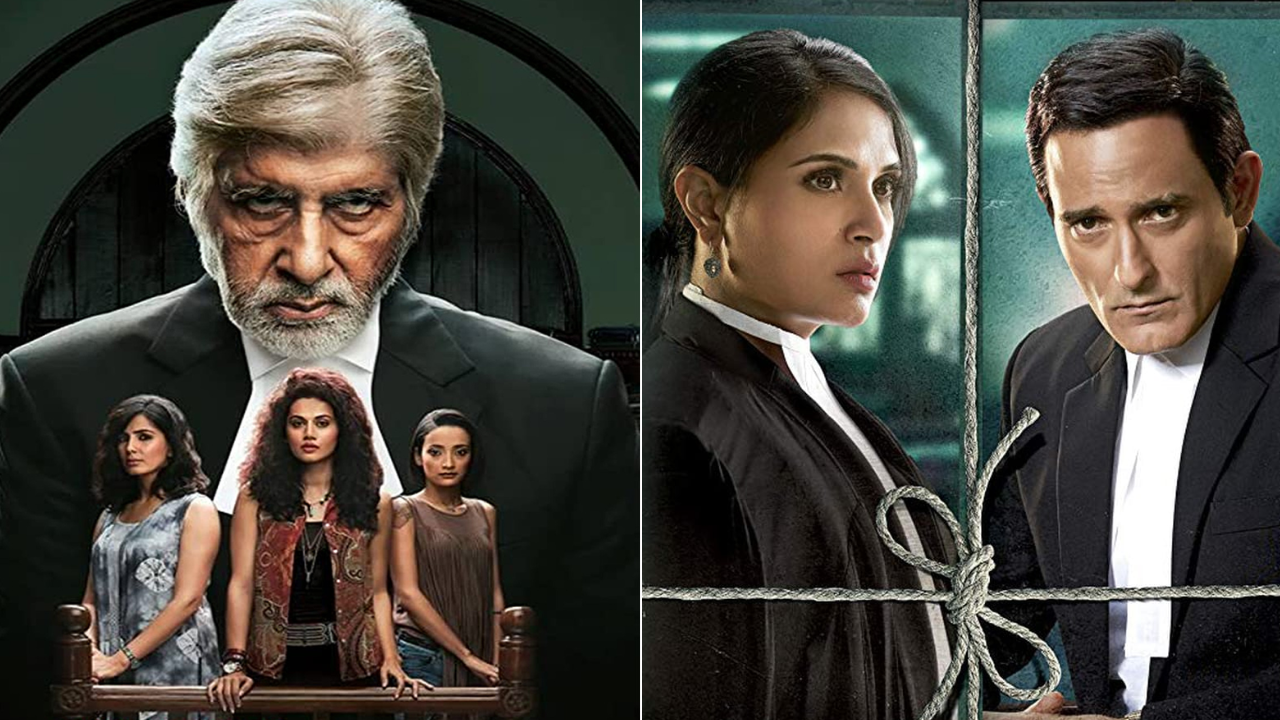
National Law Day in India is celebrated on November 26. On this occasion, lets take a look at some of the most brilliant and thought-provoking legal dramas of Bollywood. These films are often based on some controversial aspect of law and question the existing status quo.
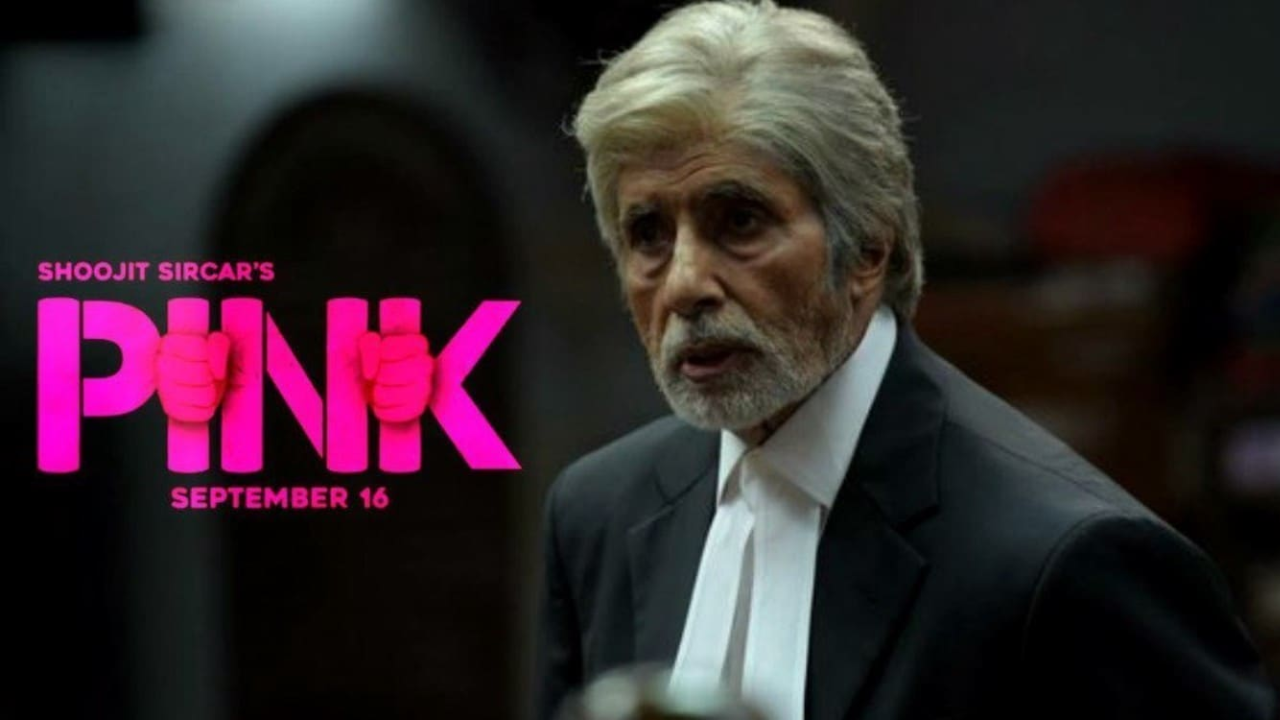
1. Pink
Pink (2016) is a powerful courtroom drama that delves into the themes of consent, gender rights, and victim blaming within the Indian legal system. Directed by Aniruddha Roy Chowdhury and starring Amitabh Bachchan, Taapsee Pannu, and Kirti Kulhari, the film follows three women who find themselves accused of attempted murder after defending themselves against a group of influential men.The story revolves around the retired lawyer Deepak Sehgal, played by Amitabh Bachchan, as he challenges the societal stigma surrounding women's choices and sexual autonomy. The film references various sections of the Indian Penal Code (IPC) related to assault, sexual harassment, and consent while critiquing the prevalent victim-blaming culture and its reflection in the legal system. Pink's impactful portrayal of these issues has significantly contributed to raising awareness about gender equality and women's rights under Indian law.
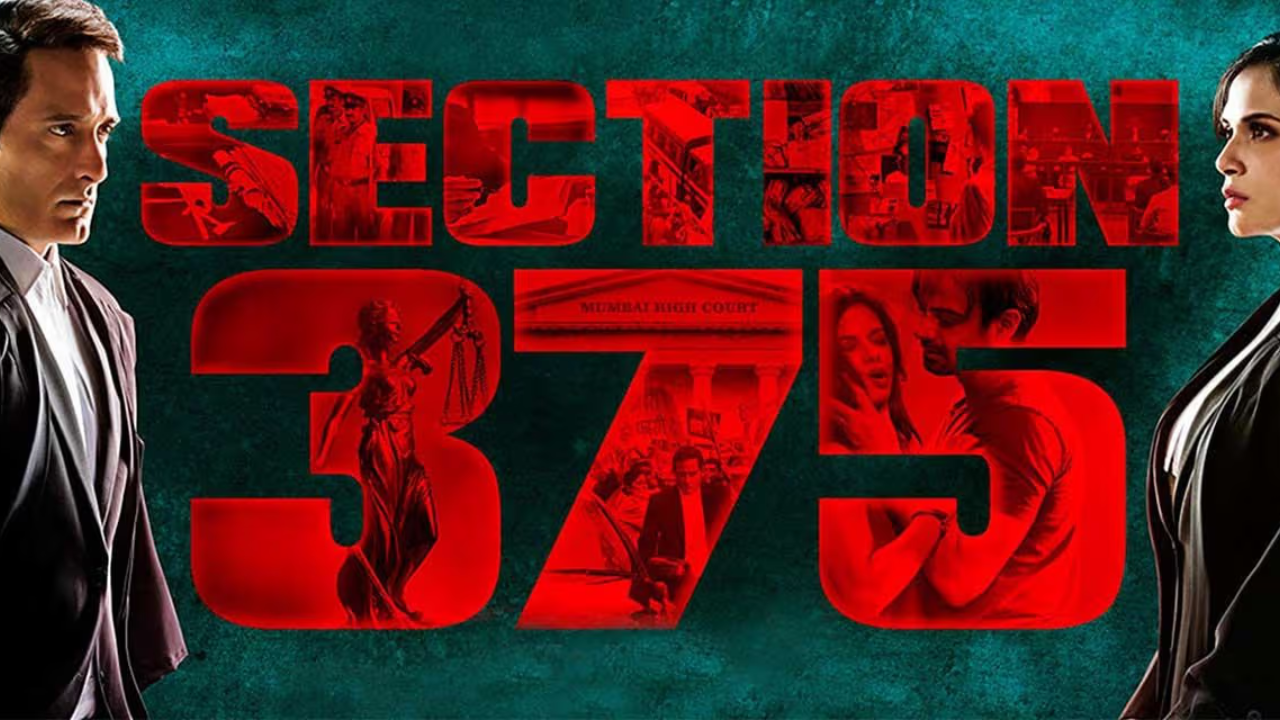
2. Section 375
Section 375 (2019) is a thought-provoking courtroom drama directed by Ajay Bahl and starring Akshaye Khanna and Richa Chadha. This film explores the complexities of the Indian rape law, particularly focusing on the potential for misuse and the challenges faced in legal proceedings. The narrative revolves around a film director accused of sexually assaulting a junior costume designer, and the film delves into the perspectives of both the accused and the accuser.The title references Section 375 of the IPC, which defines rape and its exceptions, including the controversial marital rape exemption. The film raises pertinent questions about evidence, consent, and the misuse of legal provisions, sparking important debates about gender dynamics, accountability, and the integrity of the legal system in handling sensitive cases.

3. Jolly LLB
Jolly LLB (2013) is a satirical comedy-drama directed by Subhash Kapoor and starring Arshad Warsi and Boman Irani. The film follows the story of Jagdish Tyagi, a struggling lawyer who takes on a powerful businessman in a hit-and-run case. Through this narrative, the film exposes the class divide and systemic corruption prevalent within the Indian judiciary.It critiques the inefficiencies and corruption within the legal system, particularly highlighting how the wealthy and influential often escape accountability. Jolly LLB's satirical yet poignant portrayal of the state of justice in India has sparked discussions on judicial reforms and the need for a fair and equitable justice system.

4. Rustom
Rustom (2016) is a historical drama directed by Tinu Suresh Desai and starring Akshay Kumar and Ileana D'Cruz. Inspired by the infamous Nanavati case, the film revolves around a naval officer who shoots his wife's lover and surrenders to the police. The trial that follows examines whether the officer acted in the "heat of passion" or committed a premeditated murder.The film delves into the legal defence of provocation under IPC Section 300 (exceptions to murder) and highlights the influence of public opinion on legal proceedings. The Nanavati case led to the abolition of jury trials in India, and Rustom's exploration of this historical event has reignited discussions about emotional provocation as a defence in modern legal contexts.
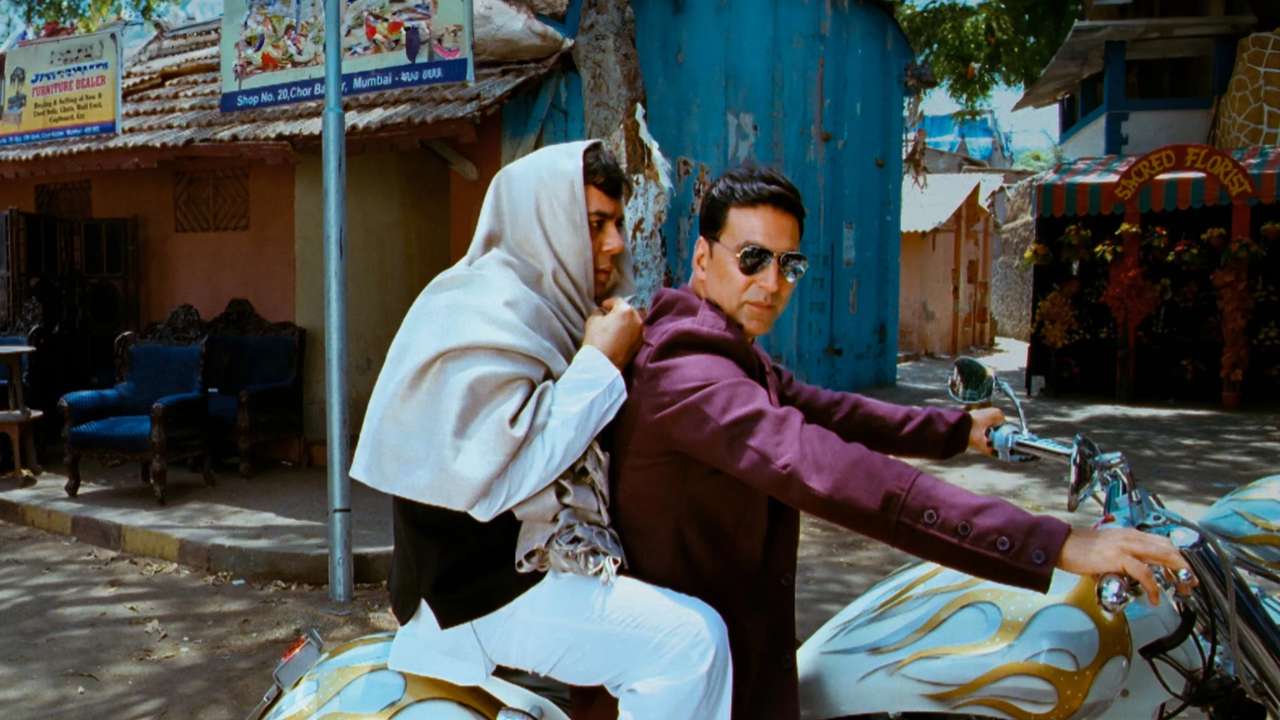
5. OMG: Oh My God!
OMG: Oh My God! (2012) is a satirical comedy-drama directed by Umesh Shukla and starring Paresh Rawal and Akshay Kumar. The film follows the story of Kanji Lalji Mehta, a shopkeeper who sues God for damages after his shop is destroyed in an earthquake. Through this unconventional lawsuit, the film challenges blind faith and the commercialisation of religion.It critiques the misuse of religion for profit and challenges insurance clauses related to "acts of God." The film also discusses the Indian Contract Act and its implications in such cases. OMG: Oh My God! has been praised for promoting critical thinking about the intersection of law, spirituality, and ethics.





